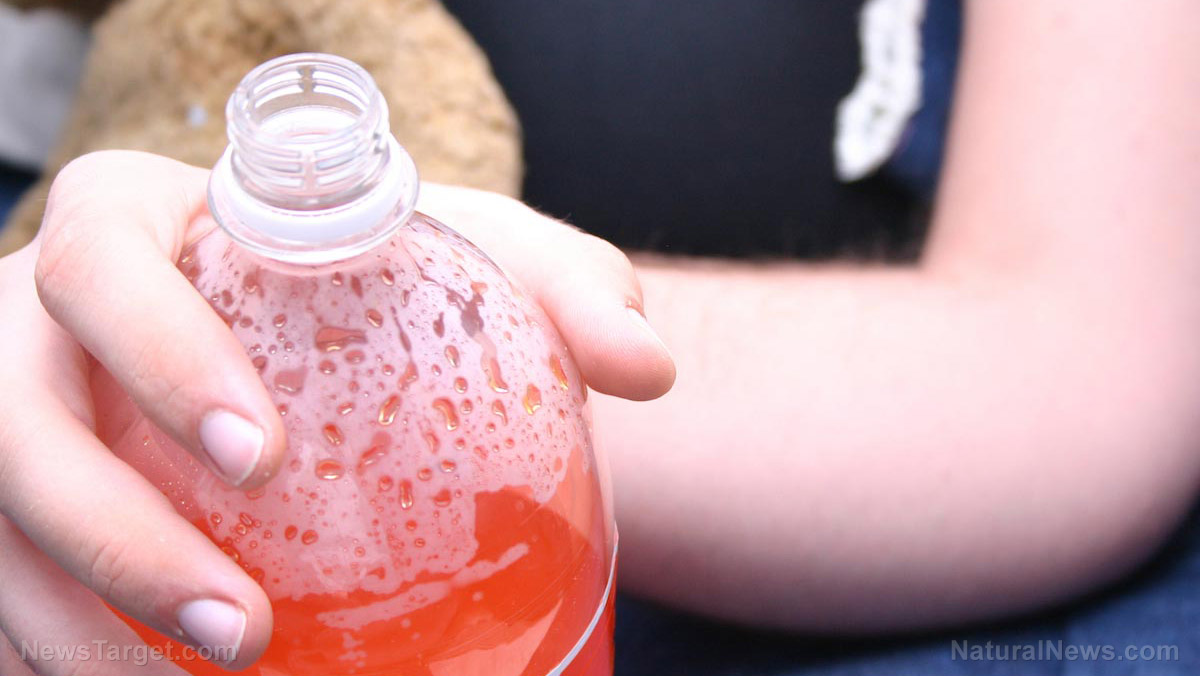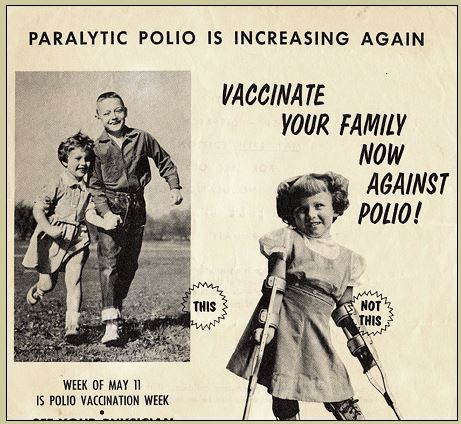
Popular baby food companies like Beech-Nut and Gerber have been selling products with concerning levels of toxic metals. Different baby food products are found to contain toxic heavy metals like cadmium, lead, mercury and arsenic, but the highest amounts are in those that contain sweet potato, rice and juice.
Although heavy metals have been found in foods due to water and soil contamination, their levels in baby food are especially of great concern as they can affect child development. Exposure to heavy metals at an early age has been linked to behavioral problems, attention deficit hyperactivity disorder (ADHD) and low IQ.
There are several concerns raised from data provided by four baby food companies, one of which is that the high levels of heavy metals in some products exceed regulatory standards. Data show that the companies rarely test finished products for these heavy metals, relying instead on primary tests conducted on ingredients.
A September report by the House Subcommittee on Economic and Consumer Policy also revealed that these companies not only underreport the high levels of toxic substances in baby food, but they also knowingly keep these products on the market.
Consumer Report advocates cited the report in a set of letters to several companies, calling for a suspension in the manufacturing and sale of infant rice cereal until a "more protective health standard for inorganic arsenic is implemented through updated regulations or voluntary measures."
Brian Ronholm, director of food policy at Consumer Reports, said in a statement that removing contaminated products from the market would be the most effective approach to address the issue. Experts say consumers should not panic as there are still other options available.
Higher than FDA limits
A "puffs" product was found to contain 200 to 470 ppb of total arsenic (both organic and the more harmful inorganic arsenic). The FDA has a 100 ppb limit for inorganic arsenic. (Related: Report: Toxic heavy metals found in some baby food.)
In 2012, Walmart reduced its internal limit for arsenic allowed in rice cereal, oatmeal cereal and puffed grain-finished products from 100 ppb to 23 ppb. However, the company reversed its decision in 2018 following a report which described the move as a "drastic retreat in safety standards."
Moreover, company testing for heavy metals remains inadequate. Sprout, for instance, tests its ingredients once a year, while Walmart relies on its suppliers to self-certify.
Before these numbers were revealed, the FDA allowed many of these companies to cut corners and do as they please when it comes to testing ingredients and monitoring levels of toxic ingredients in their products. Thanks to the FDA's negligence, these companies are effectively saving millions of dollars each year at the expense of exposing infants and young children to questionable concentrations of these heavy metals (elements).
The subcommittee also evaluated the responses of Beech-Nut and Gerber to the testing of their products by public health officials in Alaska, and the results led to a recall by Beech-Nut of certain lots of its Stage 1 Single Grain Rice cereals because they exceeded the FDA's limit for inorganic arsenic in infant rice meals. (Related: Does your alcoholic beverage contain heavy metals?)
Beech-Nut announced that it would stop selling the infant rice cereal, citing concerns that it can't consistently obtain rice flour that tests well below the FDA limit for arsenic. However, Gerber issued no recall despite tests showing several samples that exceeded the FDA limit. An FDA spokesperson said they did not recommend a recall "because ??testing by the Alaska State laboratory did not provide sufficient certainty that the inorganic arsenic level in the food sample exceeded the action level, among other factors."
More related stories:
Probiotics REMOVE heavy metals from your body.
ALERT: Pesticides, heavy metals found in organic rice.
Buyer beware: Your fruit juices may be FULL of heavy metals.
Heavy metals accumulate in your brain: Could this be the true cause of Alzheimer's?
Carbon nanotube material removes 99% of heavy metals from water.
Watch the video below to learn more about toxic substances in baby food.
This video is from The HighWire with Del Bigtree channel on Brighteon.com.
Follow CleanFoodWatch.com for more stories on contaminated food sold in groceries.
Sources include:
Please contact us for more information.




















